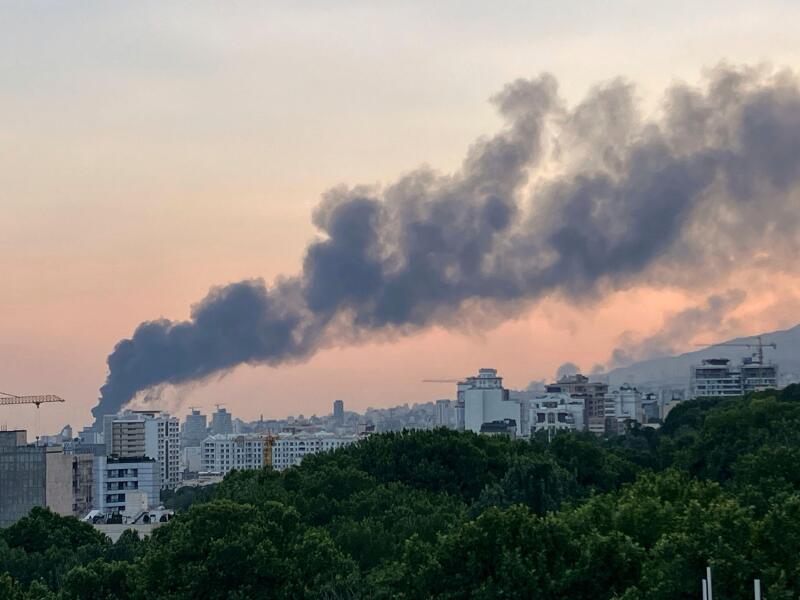
Israel’s escalating conflict with Iran may present bond investors, who have been mostly steadfast in their support since October 2023, with another challenge that could test their resolve again.
Israel's sovereign bonds suffered a small sell-off in the immediate aftermath of Friday June 13, the day it started firing on Iran — widening about 25bp.
But the bonds have snapped back. Israel's $2.5bn 5.625% 2035s were bid at 133bp over US Treasuries on Monday, according to Tradeweb — 13bp tighter than where they closed on June 12.
Israel — despite global controversy over its conduct in Gaza since Hamas’s attack on Israel on October 7, 2023 — has had no problem funding itself on international markets.
The country has raised $22bn-equivalent in public and private international markets since that date, according to Dealogic, in various currencies. That is nearly as much as in the five years before October 2023 put together.
Israel’s spreads have widened in the period. Its $2bn 4.5% January 2033 bond, the last Eurobond it printed before October 2023, was bid at 145bp over Treasuries on Monday, according to Tradeweb.
That is below its 210bp high last August, but still way above the 79bp on the day before Hamas’s attack.
The concern for most investors has been the financial cost of Israel’s nearly two year war in Gaza.
Rating agencies have expressed similar worries, resulting in multiple downgrades. Israel was rated A1/AA-/A+ when it sold those 2033s, but had Baa1/A/A ratings when it issued in February.
But a full-blown war with Iran, which might even escalate into a wider Middle East conflagration, would place another massive burden on government spending in Israel.
Judging by secondary market movements since June 13, investors are not particularly concerned that this will happen — even though the US has ramped up the conflict by entering the war and striking Iran's nuclear installations.
Many still hope a ceasefire can be agreed very soon and negotiations lead to an end of the fighting.
But as things stand, hostilities are continuing. Notwithstanding the likely horrendous human toll of a prolonged war, it would risk the destruction of economic infrastructure in both countries and a sharp rise in oil prices. That would hurt Israel as a net importer of oil, although it is a gas exporter.
S&P Global warned about the impact of infrastructure damage on June 16, saying that Israel’s small size and high population density meant the fiscal fallout from physical damage to its infrastructure “could be sizeable”.
The spread widening since the Hamas attack in October 2023 suggests some investors have reduced their exposures to Israel bonds, but they have not done so in droves. While the country's spreads are much wider than historic levels, they are hardly sky high.
But a long conflict with Iran would be likely to push them wider, and there would come a point when even the most supportive of investors would have to re-evaluate the risk.
Many have been stung before by widening spreads, and an all-out war with Iran would be likely to send them wider again.
